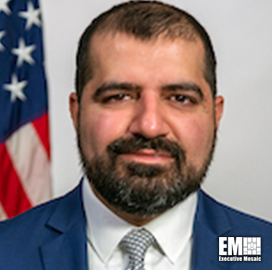The General Services Administration plans to introduce a new blanket purchase agreement, dubbed Ascend, that will focus on commercial cloud technologies, FCW reported Wednesday.
Sonny Hashmi, commissioner of GSA’s Federal Acquisition Service, said the Ascend BPA is part of the agency’s efforts to reduce burden on agency customers and administration costs for cloud service providers.
“It’s certainly in the early days, but the idea of this multi-purpose, multi-award BPA will be to allow agencies to acquire and implement secure commercial cloud service offerings and ultimately to deliver solutions that they need,” Hashmi, a previous Wash100 Award winner, said at a summit Wednesday.
“Ascend is going to be designed to allow agencies to not only plan and execute cloud acquisitions … but it’s going to have built-in minimum thresholds for security, data ownership, common terms and conditions,” he added.
The Ascend BPA has three pools: infrastructure as a service and platform as a service; software as a service; and cloud professional services.
Hashmi said new pools and sub-pools may be added to the BPA as the agency rolls out the vehicle in an agile method and factors in changes in requirements.










